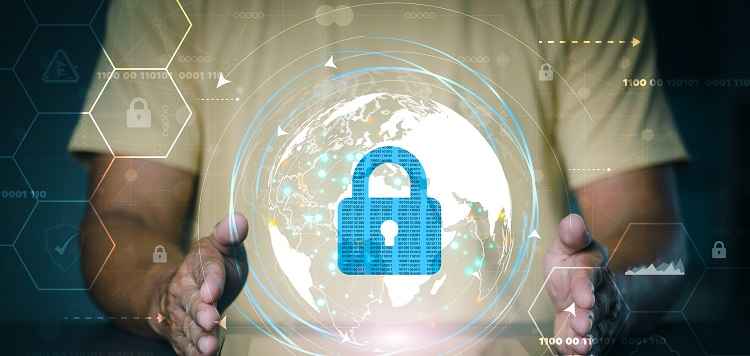As our world becomes increasingly reliant on technology, the risk of cybercrime and data breaches also continues to rise. In the first quarter of 2022, cyberattacks caused 92% of all data breaches, highlighting the pressing need for businesses and individuals alike to prioritize cybersecurity measures. As we look ahead to 2023, new trends and challenges are emerging in the cybersecurity landscape. In this article, we will explore these trends and offer insights into how businesses can effectively safeguard their sensitive information.
Cybercrime is on the rise
It’s no secret that cybercrime is on the rise. According to recent statistics, 92% of all data breaches are caused by cyberattacks, highlighting the urgent need for increased security measures. Threats such as malware, phishing attacks, and ransomware are becoming increasingly sophisticated, making it more challenging for businesses to protect themselves effectively.
Cybersecurity trends in 2023
As we look ahead to 2023, there are several emerging trends to keep an eye on. One of the most notable is the need for businesses to be adequately prepared for any developments in the cybersecurity market. This includes staying up-to-date with the latest threats and investing in technologies that can effectively combat them. Additionally, there is growing interest in cybersecurity frameworks, such as the NIST Cybersecurity Framework, which provides a comprehensive approach to managing and reducing cybersecurity risks.
Susceptibility of Applications to Hacking
While many businesses prioritize securing their networks and systems, applications are often overlooked. However, every application can be susceptible to hacking, zero-day attacks, and identity theft. Therefore, businesses must implement measures to secure their applications, such as testing for vulnerabilities regularly and ensuring that only authorized users have access.
Securing Cloud Data
More companies are choosing cloud data storage for its convenience and faster accessibility. However, there is also a growing need to secure cloud data during both transmission and storage to prevent unauthorized access. Businesses should encrypt their data before storing it in the cloud and implement access control measures to limit who can access it.
Mobile Phones and Cybersecurity
Mobile phones have become an indispensable part of our lives, replacing trips to the bank, stores, and outings with friends. However, as our reliance on mobile phones grows, so does the risk of cyber threats. Businesses must encourage employees to use secure mobile devices and implement BYOD (Bring Your Own Device) policies to mitigate these risks.
Growing demand for zero trust network access
Zero Trust Network Access (ZTNA) is emerging as the fastest-growing form of network security. It provides granular access control that allows users only to access what they need to do their jobs. ZTNA is predicted to grow by 31% in 2023 and to replace VPNs entirely by 2025. Companies must stay abreast of this trend and implement appropriate solutions to secure their networks.
Artificial Intelligence (AI) in Cyber Defense
Artificial intelligence has already been successfully used in cybersecurity. For example, machine learning algorithms have been implemented to identify and prevent cyber threats proactively. In the upcoming years, AI is expected to play an even more significant role in cybersecurity, aiding in rapid threat detection and response.
Increased demand for cloud-based solutions for detection and response
Gartner predicts that the demand for cloud-based solutions for detection and response will significantly increase in the coming years. Such solutions offer several advantages, including faster threat detection, real-time monitoring, and automated response capabilities. Therefore, companies should explore cloud-based solutions that enable them to detect and respond to threats faster and more effectively.
As the complexity of cyber threats continues to increase, companies must invest more in cybersecurity measures. This includes keeping abreast of emerging trends, implementing appropriate security solutions, and educating their employees about best practices. A secure and robust cybersecurity infrastructure helps companies to protect their reputation, gain a competitive advantage, and avoid massive financial losses. The future of cybersecurity is complex, but with the right strategies in place, companies can minimize risk and maximize their chances of success.

